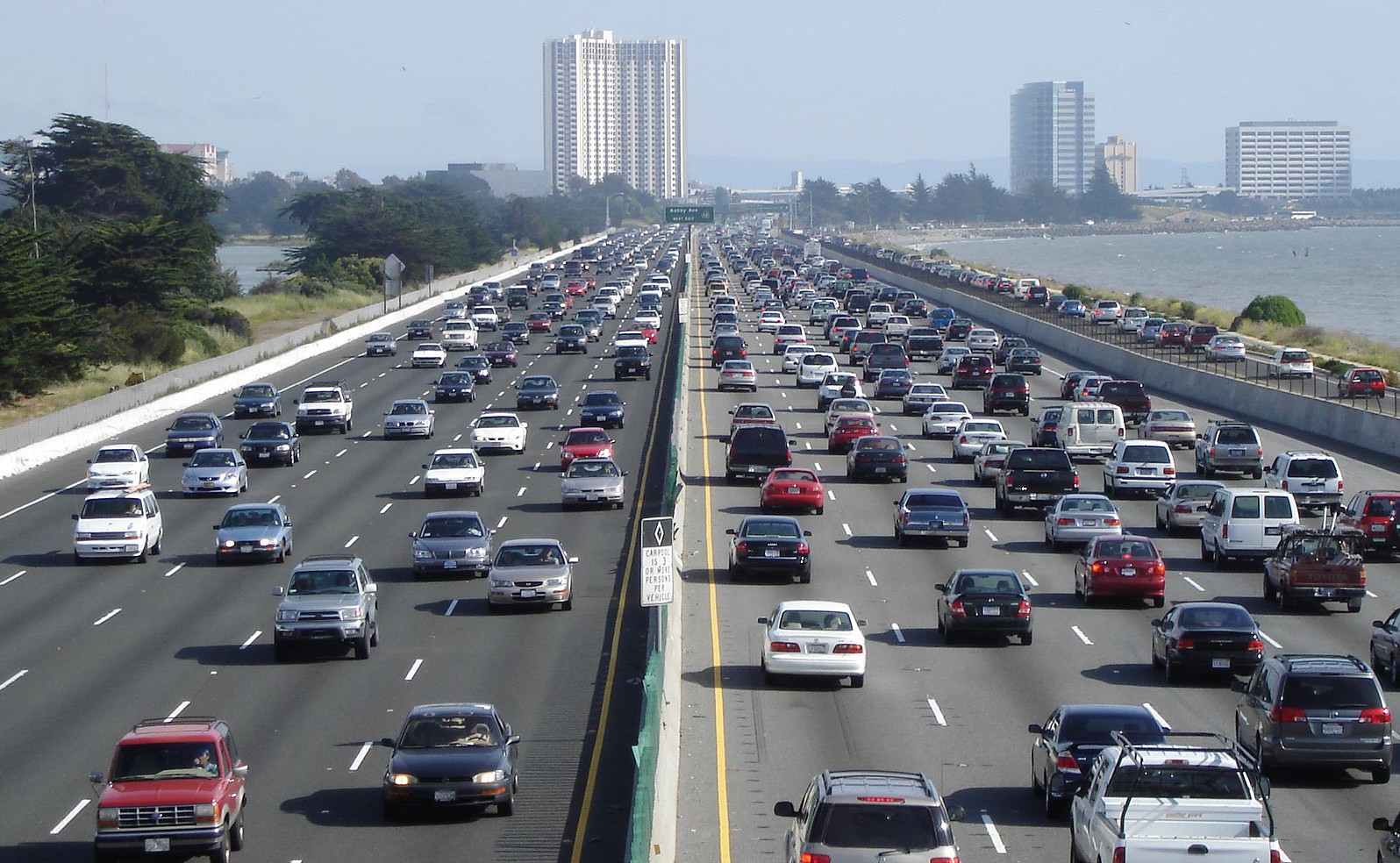Less than a year ago, Uber made headlines for massive funding increases and rapid, city-a-day global expansion. The company, which matches smartphone users and taxi drivers with the tap of a button, skyrocketed from being valued at $3.5 billion to $41 billion between 2013 and 2014. But recent headlines have revolved around Uber’s increasing security problems like the alleged rape of a passenger in India and labor struggles like taxi union demonstrations in Paris.
Uber’s argument for legitimacy is that they merely provide a platform for riders and drivers to connect with each other. This, combined with the fact that drivers are considered independent contractors, setting their own hours and driving their own cars, allows Uber to claim that they’re a technology company, not a transportation one. Although they may be widely referred to as a cab company, the company increasingly prefers to think of itself as a company in the business of logistics. One-off events like Houston barbeque delivery or San Francisco weddings have pointed towards what Uber considers the future of the platform as an on-demand delivery service. On a more practical level, the company has experimented with offerings like UberPool, which allows riders to link up and carpool. This focus on logistics is directly connected to Uber’s recent regulatory struggles.
In domestic press coverage and the company’s own campaigns, Uber has been rhetorically positioned as the free-market answer to outmoded and over regulated taxis, a central piece of the rising sharing economy. The idealized driver is a local person picking up a few extra dollars on the weekend, not an “otherized” full-time cab driver. Uber is talked about as the efficient way to cut through bureaucracy and receive a friendlier ride. It’s ride-sharing, not hailing a cab.
However, this narrative of happy, safe and independent drivers is a bit more complicated. Prosecutors for San Francisco and Los Angeles recently charged Uber with making false or misleading statements about its background checks and its Safe Rides fee, which don’t adequately ensure passenger safety. Furthermore, Uber’s infamous insurance gap only covers accidents while the app is on and a passenger is in the car, leaving drivers in the lurch if the backseat is empty, as their personal insurance may not cover them due to commercial activities. And it’s unclear if drivers end up with much more pay than traditional taxi drivers, even without the burdens of licensing and medallions.
A few cities have begun to push back. New York City, which has a highly regulated taxi industry and a huge financial incentive to continue medallions, briefly banned Uber in 2012, and its Taxi and Limousine Commission continues to seek legal action against it. The transportation agencies of Massachusetts, San Francisco and Virginia have issued cease-and-desist letters. However, the company has typically been able to come to agreements or continued to operate in legally gray areas. The Silicon Valley ethos of “move fast and break things” has prevailed, and the narrative of Uber as a positive source of creative destruction has allowed it to thrive stateside.
For an increasing number of countries, however, innovation isn’t a good enough justification for the problems Uber brings. This past week, Germany banned the app nationwide, after a previous injunction was overthrown in the summer of 2014. France announced its plan to ban non-professional driver service UberPOP this past December and raided the company’s Parisian offices this month. These plans follow a wave of bans in Belgium, Spain and Thailand.
Though the struggle to classify Uber still continues internationally, the response has been more consistent and effective. Foreign transportation authorities are more likely to come out and state that the company is operating an unlicensed taxi service than to quibble over whether or not it has legal authority over its drivers’ activities. The answers to why may be simple: Countries with more unified and unionized taxi systems are more resistant to Uber’s services than the United States, with its fragmented taxi market, is. Furthermore, many of these countries have larger, more decisive federal agencies rather than the more independent mix of local and state transportation authorities of the United States. Even if national policymakers in the United States turn against Uber, there exists no agency to ban it.
The Verge, a popular tech news site, keeps a running series on Uber’s international foibles, titled “Uber’s bumpy road to world domination.” As Berlin banned Uber, the site commented, “Seeking to limit consumer choice for all the wrong reasons;” as they reported on South Korea’s plan to launch a competing licensed taxi app, they editorialized, “Seoul is in danger of remaining trapped in the past.” There’s a presumption that these regulatory bodies don’t know what’s best and are standing in the way of the inevitable: a free market, smartphone-driven transportation system.
Underneath these obvious policy explanations larger cultural forces are at work. Uber is inherently individualistic and entrepreneurial, hinging on the promise that any person could download the app and start driving after some quick training. In the United States, the idea that normal drivers would be converted to Uber drivers is plausible. In Europe, where car ownership is less common and public transportation and professional cabs are prevalent, Uber drivers are would-be (or current) taxi drivers. The app instead becomes a loophole for evading licensing. But in the United States, where regulation is anathema and innovation is king, this bluff is more difficult to call.
But as increasing anecdotal evidence proves, there’s reason to believe that an unfettered Uber could be not only damaging to taxi drivers but dangerous for riders. That these countries slow the company’s path to global dominance isn’t necessarily a tragedy. The right to define Uber’s currently fuzzy legal status rightfully belongs to transportation agencies, and the question of technology company or taxi service deserves consideration. Whether you see it through unionized goggles or free-market blinders depends on where you’re sitting.
